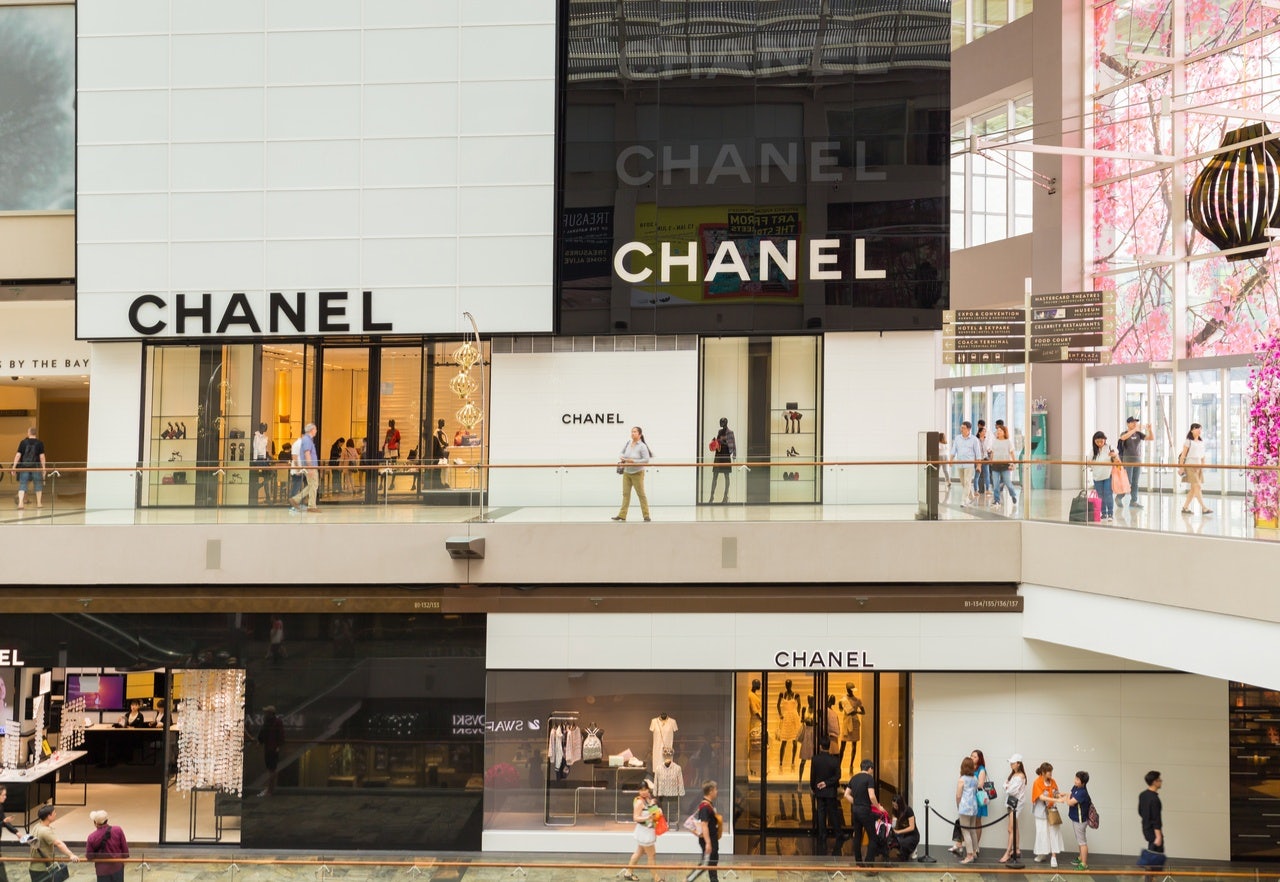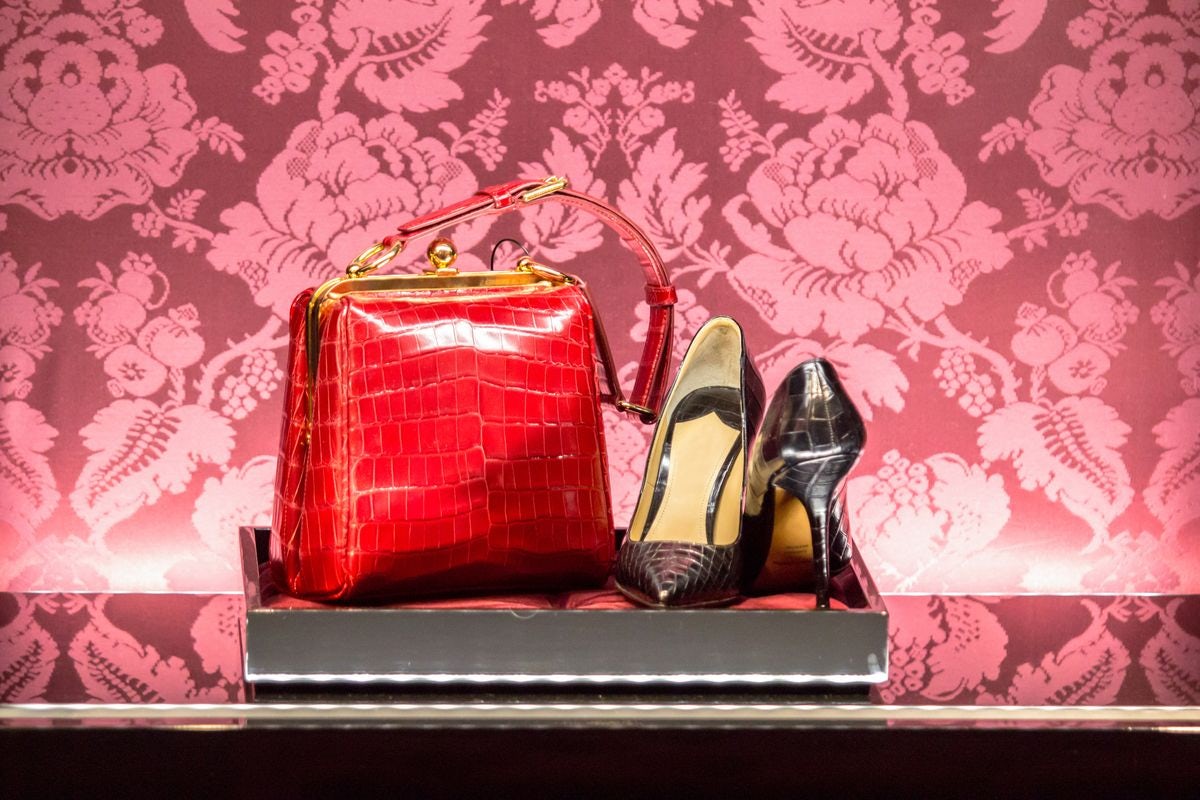The global luxury market is entering a year of uncertainty and turbulence. With an outsized focus on China — the world's second-largest economy as well as the key driving force for luxury consumption — the country's economic health and consumer appetite will be crucial to the development of luxury business in 2019.
Jing Daily caught up with Milton Pedraza, CEO and Founder of veteran business consultancy The Luxury Institute, which just released a comprehensive research report titled “State Of The Luxury Industry.” Pedraza shared his views on Chinese consumers, the economy and luxury brands' strategies.
What were your report's most important findings on Chinese luxury consumers?#
They are more technologically savvy, and they are anywhere in the world. They [are also telling us] that they listen to influencers more often than other people in other countries listen to influencers. They are very attuned, especially the younger consumers.
They may be buying more locally because of the regulations [to drive domestic consumption] but they will still be traveling abroad and spending a lot of money outside.
Do you expect to see a widening gap between winning and losing luxury brands this year?#
Yes. It used to be that a rising tide will lift all the boats — that's not the case anymore. It's really more by individual brand, so you can see [brands like] Brunello Cuccinelli and Gucci growing strongly and astronomically. Then you'll see some brands that are just stagnant, and they won't grow or they will decline. There's much more separation these days. It's not just always the luxury industry growing.
Do you see any reliable signs that Chinese luxury goods spending will slow down?#
I think that, like all economies, China will have cycles. Luxury has always been cyclical. It never goes only up. So the fact that China will go through a cycle or is going through a cycle is probably a good thing because you purge ideas that don't work, companies that don't work very well, and you strengthen the economy.
Any market growth prediction for 2019?#
The luxury industry globally will grow in probably single digits, anywhere from three to five percent.
Do you see the luxury travel market surpassing the goods market someday soon?#
For sure. I think the [global] luxury industry has been focused very much on goods, but there are many services and experiences that are luxury. Luxury travel is growing so much, and I think that is something that is very important to note. Chinese consumers are a big driver of the luxury travel industry.
What strategies should luxury brands adopt to cater to these sophisticated luxury travelers from China?#
I think that there's no question that translation and all kinds of services that make it friction-free to travel. The other thing that is important is to understand the cultural needs when they travel.... [O]ne thing that we're learning, obviously, is that Western luxury brands don't really understand the culture of China. Brands can still be themselves and be respectful to Chinese culture. They need to find that optimum. It's not a compromise. It's optimized. Brands lack emotional intelligence very often and cultural intelligence. They get in trouble.
Name one area that luxury brands need to improve on significantly in 2019.#
There's a terminology people keep talking about which is “omni-channel.” To me, it's “omni-personal,” and by that I mean that brands have to try to build relationships with consumers, especially younger consumers in the same nonlinear way that I have a relationship with my son. I call him, I go see him, I text him, I email him. It's a very fluid type of relationship very often. I have a sales associate who's my favorite sales associate, but then I get spam from the brand and I get offended. So you have to coordinate it to become omni-personal, and I don't think any brands have reached that level yet, unfortunately.
This interview was condensed and edited.


